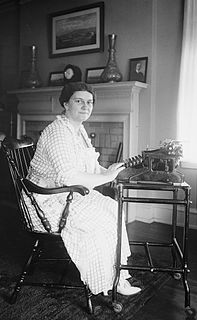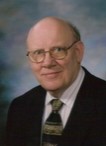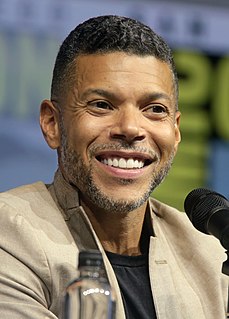A Quote by Frances Parkinson Keyes
A mystic is a spiritual realist, a person for whom the Invisible is a matter of more or less firsthand experience.
Related Quotes
Mysticism, according to its historical and psychological definitions, is the direct intuition or experience of God; and a mystic is a person who has, to a greater or less degree, such a direct experience -- one whose religion and life are centered, not merely on an accepted belief or practice, but on that which the person regards as first hand personal knowledge.
If you have not had direct firsthand experience of loving a category of person - a person of a different race, a profoundly religious person, things that are real stark differences between people - I think it is very hard to dare, or necessarily even want, to write fully from the inside of a person.
Poverty became something one could see and experience firsthand, no matter where one was on the economic ladder; it became something you could viscerally experience through the lives of friends, family, neighbors, colleagues. I'd venture to say it's a rare person in 2013 America who knows nobody who lost a job in the recession, or knows nobody whose home went underwater or who went into foreclosure.
The religious stories, the religious truths, the spiritual principles - obviously, they don't change. But as you get older and you experience more, you recognize the applicability, the profundity, and the fundamental truths of spiritual principles in ways that you couldn't when you simply were living a less dimensional life.
If you were to turn on the TV in 1986, '87, you wouldn't see anybody having, I guess, a low-to-middle-income person of color experience. And you definitely wouldn't have a young LGBT person or their story told. The experience of being invisible in our culture has ramifications that I don't think any of us can really understand.
You also realize, Venerable Brothers, that the Eucharist is reserved in churches or oratories to serve as the spiritual center of a religious community or a parish community, indeed of the whole Church and the whole of mankind, since it contains, beneath the veil of the species, Christ the invisible Head of the Church, the Redeemer of the world, the center of all hearts, 'by whom all things are and by whom we exist'.
Business is not a spiritual matter, and my business decisions are not based on spiritual considerations. When I founded the Essence of Life, a project aimed at teaching tolerance and respectful dialogue, the person appointed to head it was Irit Atzmon, a former colonel in the army. Can anything be more down-to-earth than that?


































